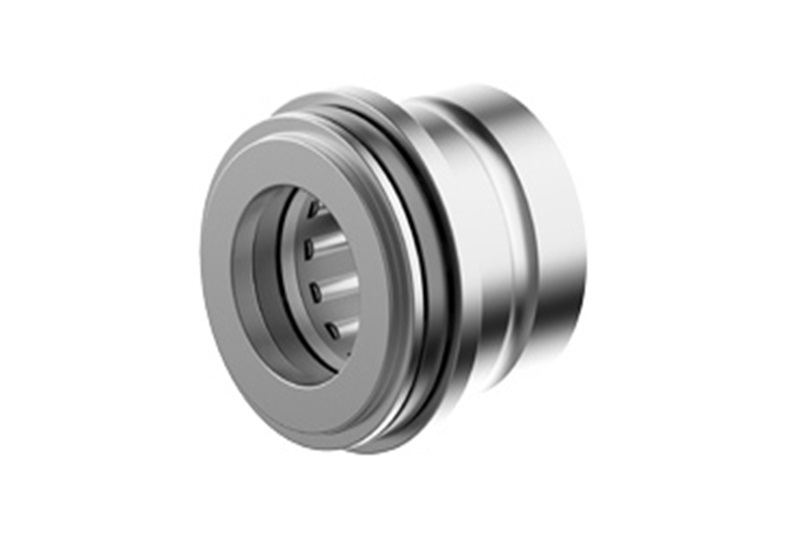What Are Crossed Cylindrical Roller Bearings?
Crossed cylindrical roller bearing is a common type of rolling bearing, widely used in various mechanical equipment. Its characteristics include the ability to withstand large radial loads and certain axial loads, smooth operation, and long service life. This article will introduce the uses and characteristics of crossed cylindrical roller bearings, and discuss their role and applications in the engineering field.
Uses of Crossed Cylindrical Roller Bearings
Large and medium motors
Crossed cylindrical roller bearings are widely used in large motors, able to withstand large radial loads and certain axial loads, suitable for high load and high speed operations.
Machine tool spindles
Due to their excellent radial load capacity and high-speed rotation characteristics, crossed cylindrical roller bearings are commonly used in machine tool spindles, ensuring the stability and accuracy of the spindle.
Automobiles
In the automotive industry, crossed cylindrical roller bearings are used in various transmission components such as axle boxes and diesel engine crankshafts, capable of withstanding heavy and impact loads.
Metallurgical equipment
In metallurgical equipment such as cranes and rolling mills, crossed cylindrical roller bearings can withstand massive radial loads and axial impact loads, ensuring the stable operation of the equipment.
Other mechanical equipment
They are also widely used in vibrating screens, gearboxes, generators, gas turbines, and other mechanical equipment, suitable for various high load and high speed application scenarios.
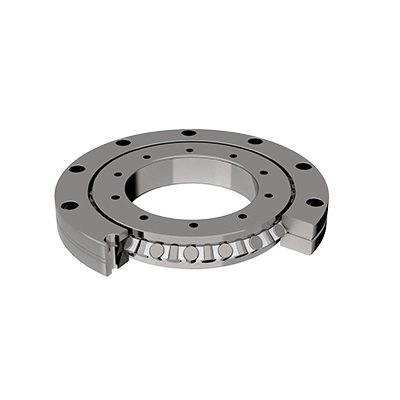
Characteristics of Crossed Cylindrical Roller Bearings
Strong radial load capacity
Crossed cylindrical roller bearings can withstand large radial loads, suitable for high load mechanical equipment.
Low friction coefficient
Due to the small friction between the rolling elements and the ring flange, they are suitable for high-speed rotation, with a limiting speed close to deep groove ball bearings.
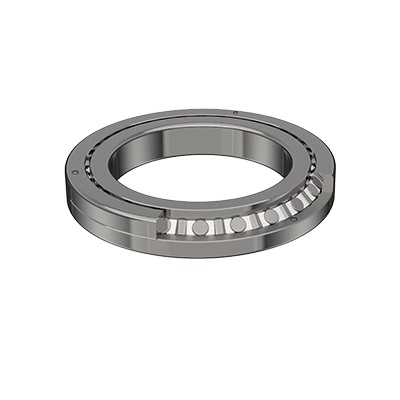
Split structure
The separable design of the inner ring or outer ring facilitates installation and disassembly, reducing maintenance costs.
High temperature resistance
They can maintain a certain axial load capacity in high temperature environments and have a certain self-lubricating ability.
Strong impact resistance
Able to withstand large axial impact loads, suitable for working environments with considerable vibration and shock.
Conclusion
In summary, crossed cylindrical roller bearings greatly expand the possibilities for precision mechanical design. Whether it is high-end CNC machine tools, robotic joints, or aerospace instruments, their high rigidity and high accuracy characteristics are indispensable. Choosing crossed cylindrical roller bearings means choosing higher performance standards and broader innovation space.














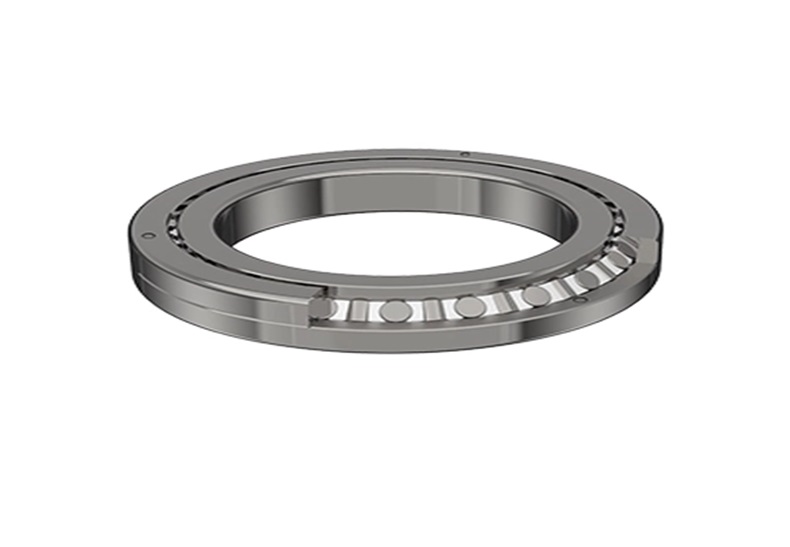
 English
English  français
français  Deutsch
Deutsch  italiano
italiano 


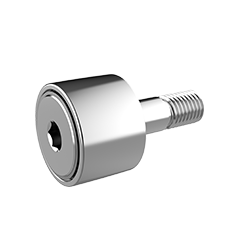
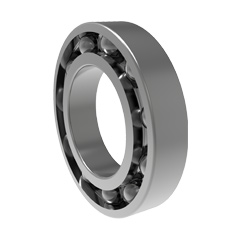
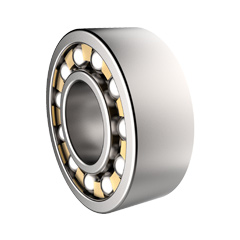
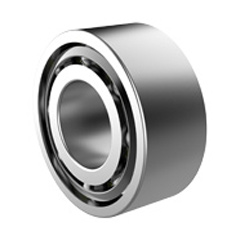
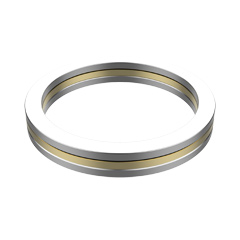
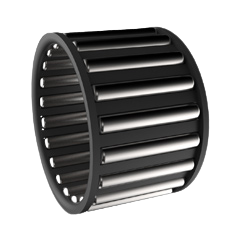
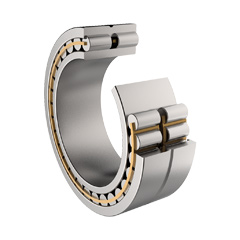
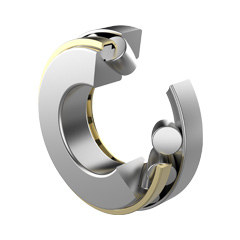
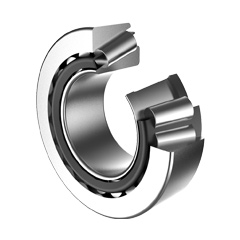
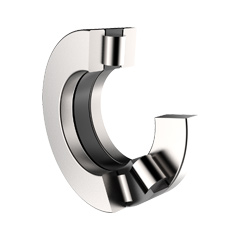
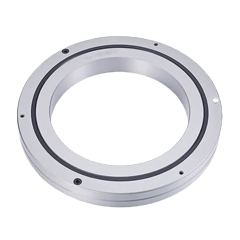
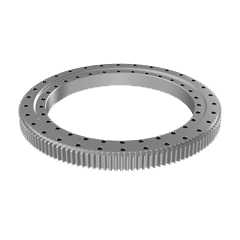
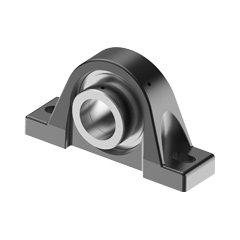
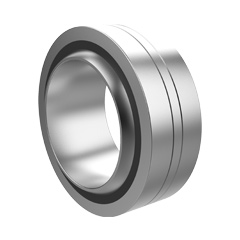

 English
English  français
français  Deutsch
Deutsch  italiano
italiano 


